Kevlar vs. Traditional Storm Barriers: Which Offers Better Hurricane Protection?
Discover why Kevlar hurricane protection is becoming the smarter choice over traditional storm barriers
Kevlar vs. Traditional Storm Barriers: Which Offers Better Hurricane Protection?

When hurricane season approaches, homeowners begin assessing the strength and reliability of their storm defenses. While traditional solutions like plywood, metal shutters, and impact-resistant panels have long been the standard, modern technology has introduced innovative materials offering superior performance, especially Kevlar hurricane protection, a lightweight yet powerful option used in aerospace and military applications. As coastal communities face increasingly unpredictable weather patterns, choosing the right hurricane barrier is more important than ever.
Why the Storm Barriers You Choose Matter
Hurricanes bring more than just heavy rain and high winds. Flying debris, sudden air pressure changes, and extended exposure to forceful gusts can severely damage homes. Reliable storm barriers can help protect windows, doors, and structural integrity, reducing costly repairs and providing peace of mind.
Traditional storm barriers like plywood sheets, corrugated metal shutters, and accordion shutters have been the go-to choices for decades. They provide solid protection when properly installed and maintained. However, newer technologies challenge their effectiveness, convenience, and long-term reliability.
Enter Kevlar hurricane barrier systems, high-strength, lightweight fiber-based protection engineered to withstand Category 5 wind loads and flying debris with ease.
Traditional Storm Barriers: Strengths & Limitations
Traditional barriers remain popular for a reason, and they do carry benefits:
- Proven track record in coastal regions
Affordable initial cost (especially plywood)
- Easy availability at hardware stores
However, the downsides are notable:
Plywood swells or deteriorates over time
Metal shutters are heavy, rust-prone, and hard to install
Accordion systems require maintenance and can jam
Reduced aesthetics, many systems alter curb appeal
It can be difficult to deploy during emergency situations
When time is limited and pressure is high, manual installation becomes a major drawback. Homeowners increasingly want solutions that are not only strong but also practical and aesthetically pleasing.
The Kevlar Advantage
Kevlar-based storm protection systems are engineered to stop high-speed debris, similar to how bulletproof vests work. Instead of relying on rigid metal or plywood, Kevlar storm fabric absorbs and disperses impact energy without breaking.
Major benefits include:
Extremely high impact resistance (used in military armor)
Lightweight and flexible, easy to deploy and store
UV-resistant and corrosion-proof for long-term durability
Low maintenance
Keeps windows intact by absorbing energy rather than cracking
Kevlar storm screens can be easily rolled up, clipped in place, or permanently installed with minimal visual impact, making them ideal for homeowners who value both security and style.
Where This Matters Most: Remodeling and Coastal Homes
Today’s homeowners often consider hurricane protection during renovations, particularly along Florida’s Gulf Coast. When planning updates, such as kitchen remodeling in Clearwater, homeowners are increasingly looking at ways to integrate structural safety features for long-term property value. Just as hurricane-grade windows are becoming standard in modern remodels, Kevlar hurricane systems are rising in popularity as a premium safety upgrade.
A beautiful new kitchen means little if the home is vulnerable to storm impact. Forward-thinking renovators are choosing Kevlar systems to complement both aesthetics and protection.
Cost Comparison & Value
While Kevlar solutions may have a slightly higher upfront cost than basic plywood or aluminum shutters, they deliver exceptional long-term value:
Reduced maintenance costs
Faster deployment during emergencies
Enhanced durability
Better property protection and insurance appeal
Most importantly, Kevlar systems offer reliable protection season after season without warping, rusting, or weakening.
Final Verdict: Which Is Better?
If convenience, long-term durability, safety, and aesthetics are priorities, Kevlar clearly stands out. Traditional storm barriers serve their purpose, but Kevlar storm protection introduces a new level of strength and ease that modern homeowners appreciate.
Kevlar – for superior impact resistance, longevity, ease of use, and modern appeal. As storms grow stronger and home investments become more valuable, upgrading hurricane defenses is not just a precaution; it’s a smart decision for long-term peace of mind.









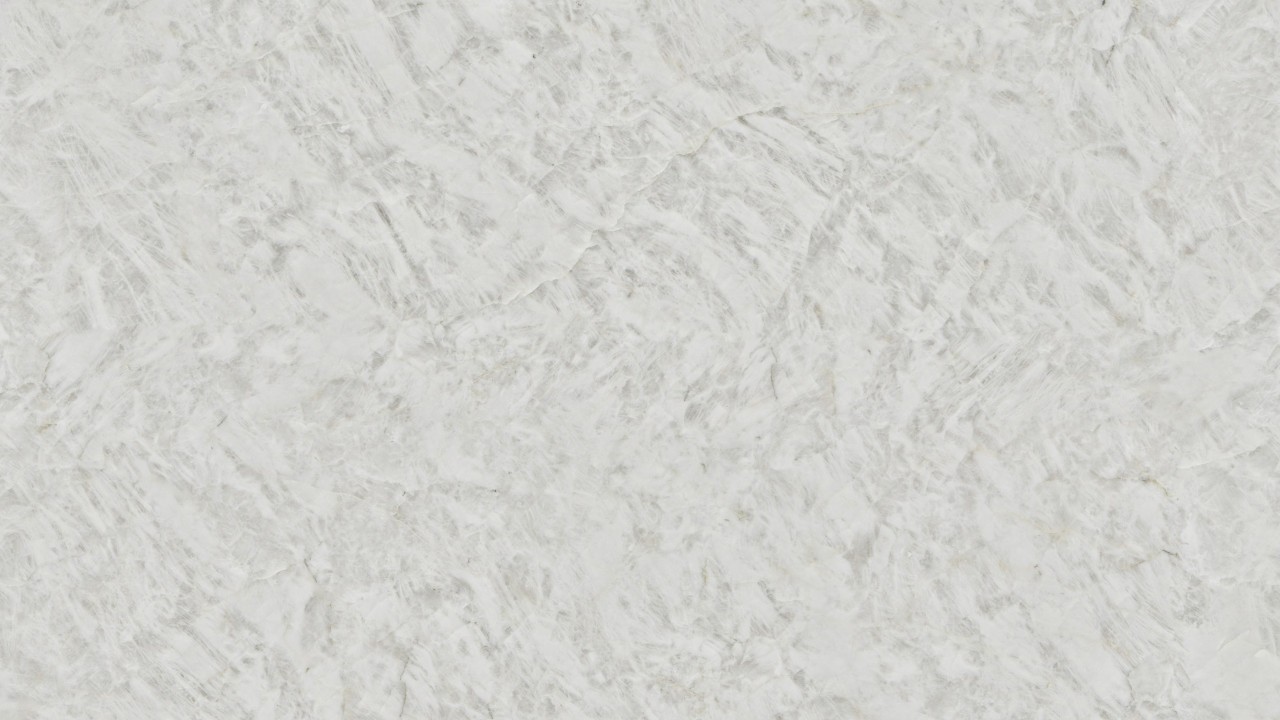

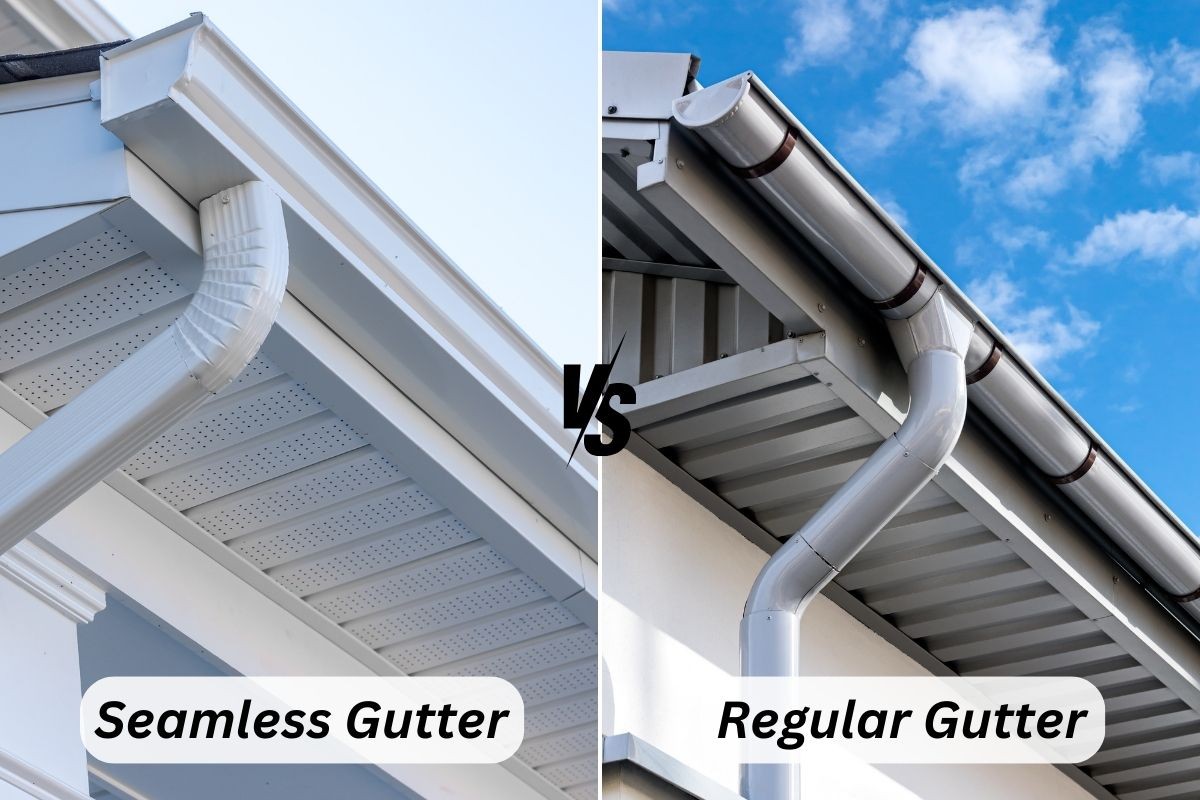
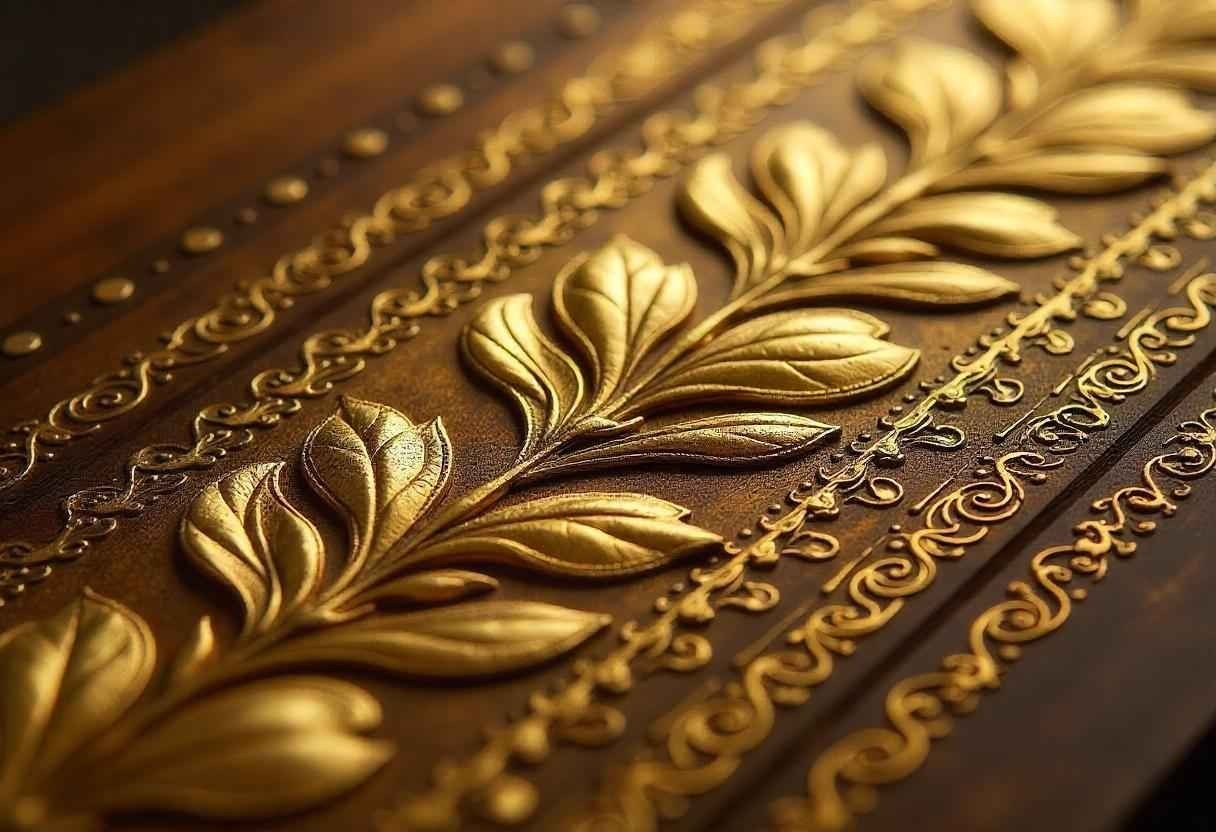




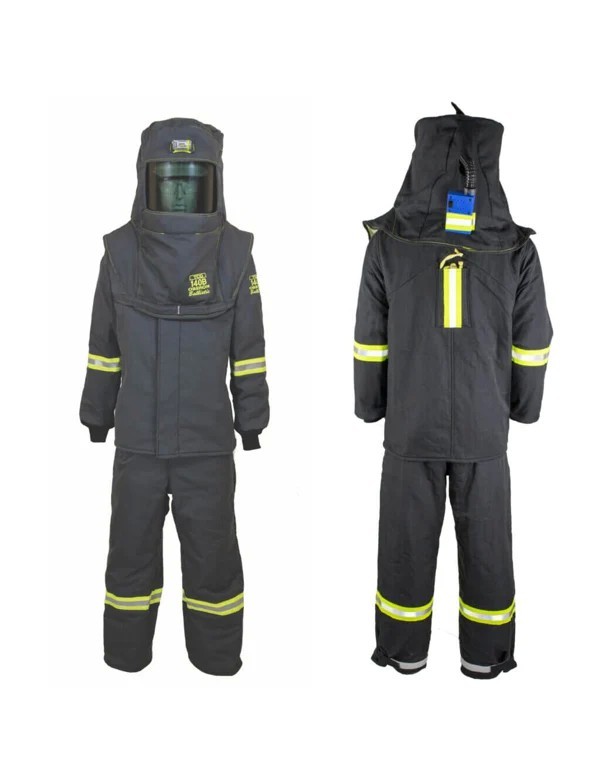
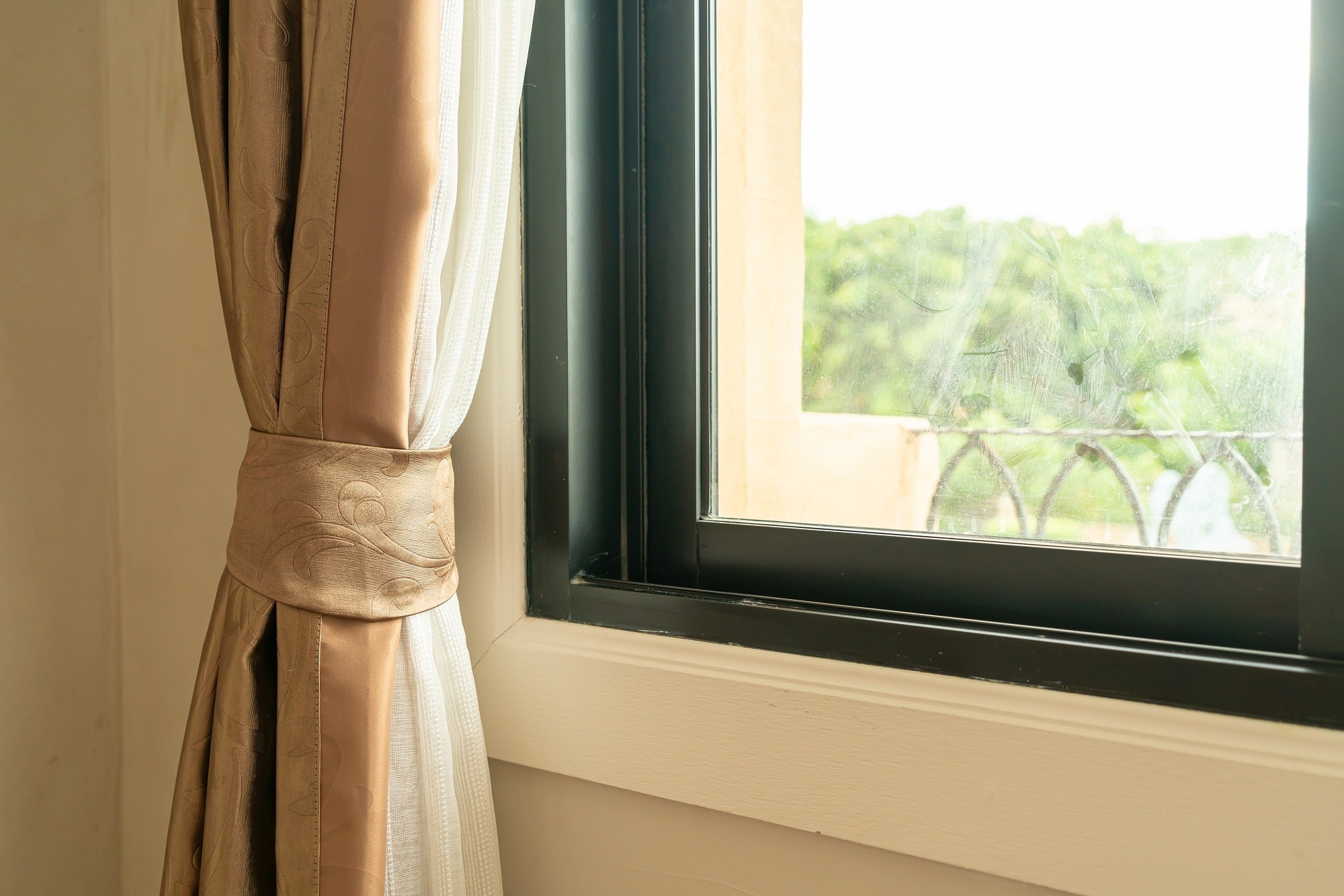
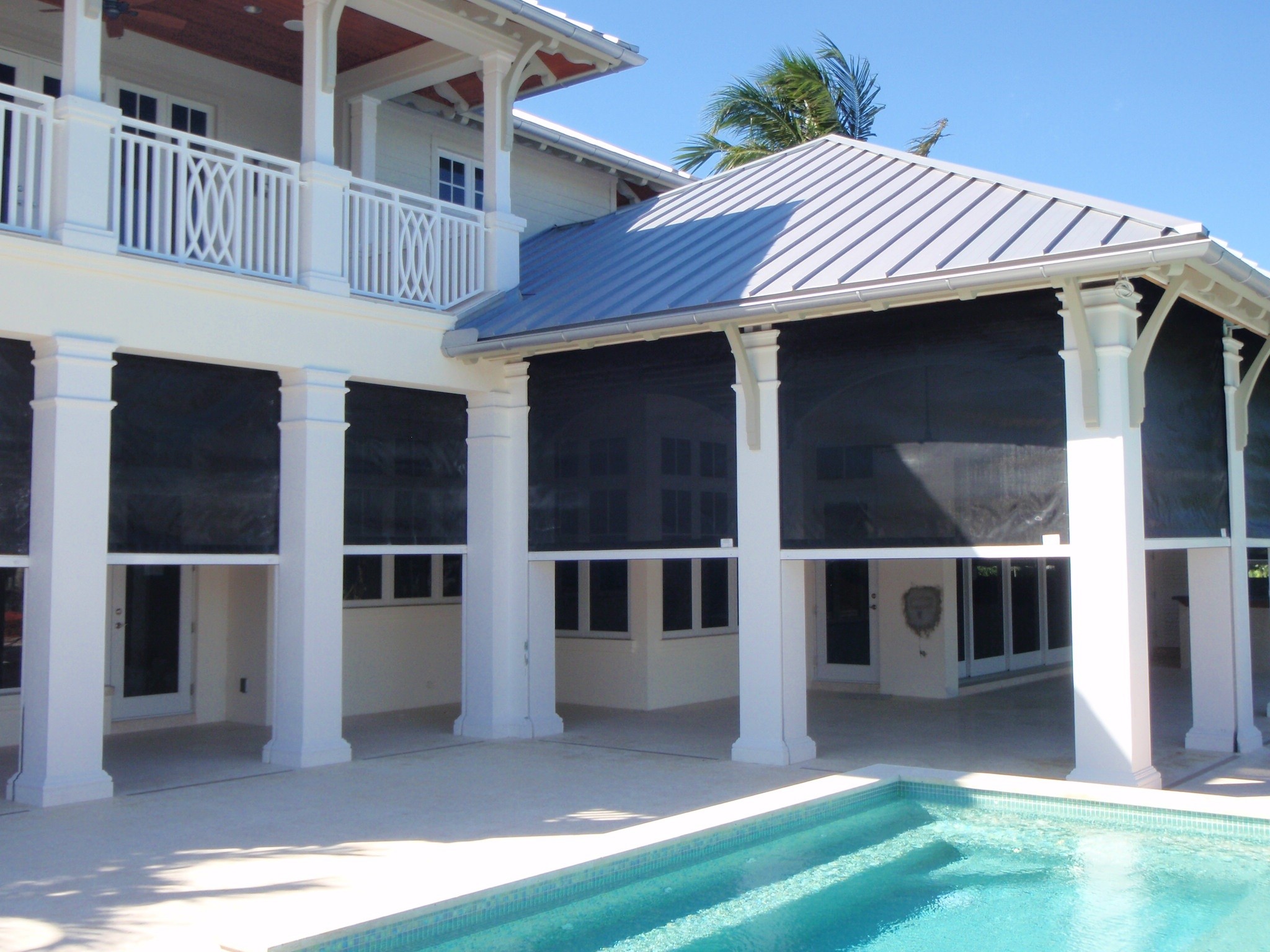
Facebook Conversations